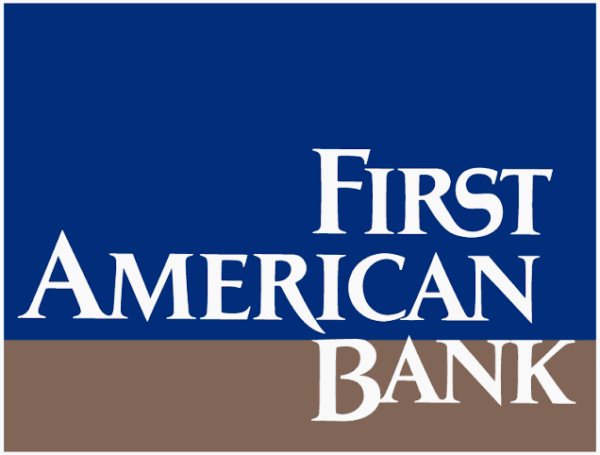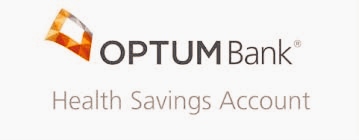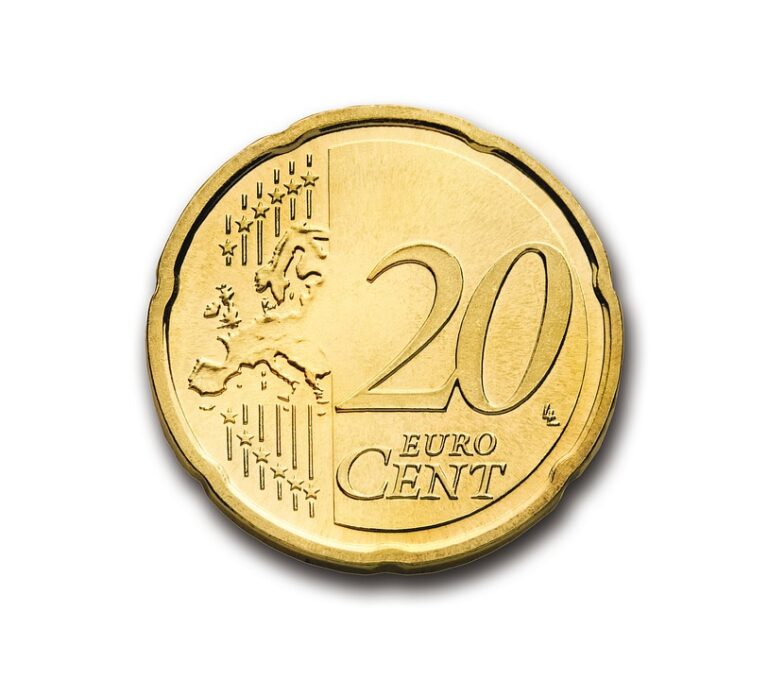Last updated Feb. 14, 2023 by Peter Jakes
The best places to open a health savings account are sometimes hard to come by because of the extreme cost of carrying out medical tests and treatments. According to a research carried out by the Kaiser Family Foundation, it was discovered that the amount paid for health care services has increased by 71% since the year 2009.
With this turn of events, people are beginning to choose high-deductible health care plans (HDHP). These plans make it possible for you to access health bank deposits. In case you don’t have an idea of what HSAs are, Here’s what they mean;
A Health Savings Account (HSA) is a type of account that is available to individuals who are enrolled in a high-deductible healthcare plan. This type of account helps you pay for healthcare-related expenses and also offers tax benefits.
With a health savings account, you can save money for health emergencies on a pre-tax basis. The money saved won’t be taxed and can only be accessed when you have a health emergency. Now, let’s look at top 3 places to open HSAs.
Here Are 3 Best places to Open a Health Savings Account (HSA)
#1. Fidelity HSA

Fidelity was founded in 1946, and has a long-standing reputation in the investment world. The company consistently receives high marks from its investors.
As an investment firm, Fidelity allows you to invest the money in your HSA account into mutual or index funds. Fidelity offers a diverse range of investment options, including bonds, mutual funds, ETFs, fractional shares et cetera.
In addition to the standard benefits provided by most HSA providers, such as easy setup, no fees, and limited commissions, Fidelity offers in-house investment opportunities, making it a prime choice for many individuals. They do not require a minimum balance and provide a convenient HSA debit card.
You can add funds to the HSA through bank transfer or mobile check deposit, and account holders can access their funds through the Fidelity HSA debit card or the Fidelity BillPay service.
Although Fidelity offers the option of a self-directed HSA or a managed account with investment guidance, there is no automatic rebalancing feature and certain trades may incur commission fees.
When creating an HSA account with Fidelity, you will be given an HSA debit card that can only be used during health emergencies.
#2. First American Bank HSA

First American Bank is a privately held financial institution based in Illinois, but it offers its Health Savings Accounts (HSAs) to customers throughout the United States. The bank prides itself on providing exceptional customer service and low fees for its customers.
Creating an HSA account with the First Bank of America gives you access to some benefits which isn’t available in other institutions. To open a basic HSA account at First American Bank, there is no minimum deposit required, and there are no monthly maintenance fees to worry about.
The account comes equipped with a debit card, unlimited check-writing, and a convenient mobile wallet, making it a great option for managing your healthcare expenses. For customers looking to invest their HSA funds, First American Bank offers a wide range of mutual funds.
However, you’ll need to have at least $2,000 in the checking portion of your account to take advantage of this investment option. The monthly fee for investment services is $2.95.
Additionally, the bank’s basic HSA account earns interest, and while you don’t need to invest to take advantage of this, you will need to maintain a balance of at least $1,000 in your account. The interest rates are competitive, even if you choose not to invest. The interest rates depend on the type of account you use.
First American Bank provides both an online portal and an app called FAB Health, making it easy for customers to manage their HSA accounts from anywhere. You can also use a debit or online bill payment to access your HSA money.
The bank is FDIC-insured, ensuring that your funds are protected up to $250,000. However, it’s important to note that investment earnings are not FDIC-insured.
#3. Optum Bank HSA

Optum Bank is a top-notch provider of HSA accounts, offering comprehensive investment management tools and features. As a trusted provider, Optum manages over 8 million health savings accounts with assets totaling more than $17 billion.
With Optum, you’ll have access to a user-friendly online platform powered by Betterment, a leading robo-advisor and financial management company. The account comes equipped with several convenient features, including automatic deposit, investment sweeping, portfolio rebalancing, dividend reinvestment, and easy-to-use receipt storage. This means your investments will continue to grow without the need for constant manual intervention while still adhering to all HSA regulations.
When it comes to investment options, Optum offers a choice between Optum Mutual Funds and Betterment’s digital investment management services. While there is a monthly maintenance fee of $3.75, this can be waived for balances above $5,000.
Additionally, the monthly investment fee is waived if your balance is maintained at a minimum of $2,000. Optum bank is affiliated with the United Health Group. Optum provides HSA accounts that are FDIC insured and there are no minimum balance requirements.
Click here to enroll for an Optum bank HSA
How to Choose an HSA

Before opening an HSA account, it is important to ensure that you are eligible for this type of health savings plan. The IRS requires you to have a high-deductible healthcare plan in place prior to starting your HSA.
As of 2023, this means having a plan with a minimum deductible of $1,500 for individuals and $3,000 for families. Additionally, there are certain criteria that you must meet and restrictions that apply to be eligible for an HSA. These include:
- Not having any other health coverage
- Not being enrolled in Medicare
- Not having received Veterans Affairs (VA) benefits within the last three months, excluding preventive care. However, veterans enrolled in an HDHP with a service-connected disability may make or receive HSA contributions regardless of when they received VA benefits.
- Not being claimed as a dependent on another person’s tax return
- Not having a flexible spending account or health reimbursement account
Understanding the Cost of HSA Accounts
HSA accounts are generally affordable, with a lot of monthly service fees ranging from $0 to $5. However, some providers may waive these fees if you maintain a minimum balance in your account, typically between $1,000 and $5,000.
Still, It’s important to understand the tax implications of withdrawing funds from your HSA account for non-medical expenses. If you are under 65, you will owe both regular income taxes and a 20% penalty on the distribution.
For those over 65, while the 20% penalty will not apply, the distribution will still be taxed as regular income.
Frequently Asked Questions On Best Places To Open A Health Savings Account.
What is an HSA plan
Health Savings Account (HSA) is a kind of bank account that enables you to place money away before taxes for eligible medical costs. You can reduce your total health care expenses by using tax-free funds from a Health Savings Plan (HSA) to cover deductibles, co-insurance, co-payments, and various other charges.
Which bank has the best HSA account?
The Bank of America is known for providing the third cheapest HSA plan options. It is one of the best banks with HSA accounts.
Can I open an HSA account on my own?
If your workplace doesn’t provide a health savings account, you can create one by yourself. However, you can only make contributions for your present year if you have a high-deductible health plan which is referred to as an HSA-qualified health plan (HDHP).
How can I avoid my HSA fees?
To avoid HSA fees, you have to select low-cost plan options and change HSA custodians. The process of changing HSA custodians demands that you conduct research on the plan you’ll register for.
What do I do with my HSA after I quit my job?
If you don’t share your Health Savings Account with anyone, you can retain the account even if you quit your job, retire, or switch jobs. You will maintain your HSA with all the cash in it.
If your company doesn’t offer you an HSA plan, you’ll face a few bank fees.
What happens if you use HSA funds for non-qualified medical expenses?
Using HSA funds for non-qualified medical expenses can have serious tax implications. If you are under 65, you will be subject to regular income taxes as well as a 20% penalty on the distribution.
For those over 65, while the additional 20% penalty will not apply, the distribution will still be taxed as regular income.
What is the difference between an HSA and an FSA?
When it comes to healthcare savings accounts, there are a few key differences between a Health Spending Account (HSA) and a Flexible Spending Account (FSA). One major distinction is ownership: while an HSA is owned by the individual, an FSA is owned by the employer.
This means that if you leave your job, you can take the funds in your HSA with you, whereas funds in your FSA will be left behind. Additionally, unused contributions to an HSA will roll over to the next year, whereas contributions to an FSA generally do not.







